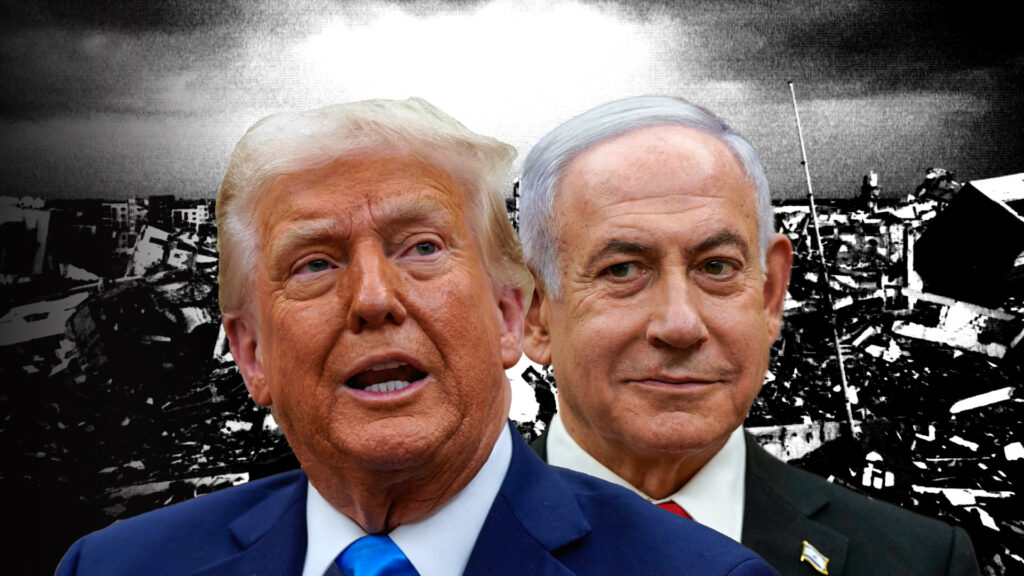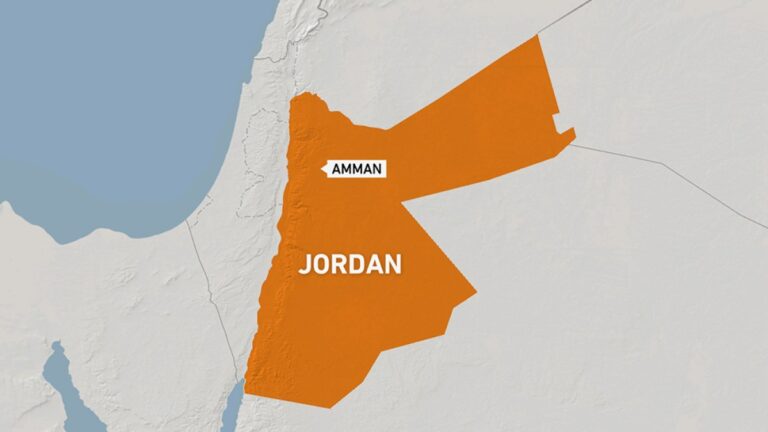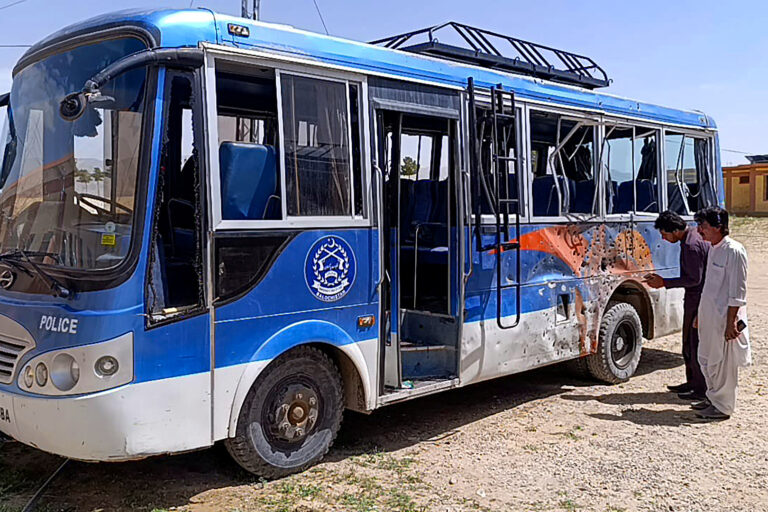
The situation in Gaza is complex and deeply rooted in decades of conflict, characterized by a myriad of historical, political, and social factors that have shaped the current landscape. At the heart of this conflict lies an ongoing struggle between Israel and various Palestinian groups, a struggle that has seen cycles of violence, failed negotiations, and profound humanitarian crises.
The term “ethnic cleansing” is highly charged and controversial, often sparking intense debate among scholars, policymakers, and activists about the actions and policies of both the United States and Israel regarding the Palestinian population. This phrase evokes strong emotions and carries significant implications, leading to divergent interpretations of Israel’s military actions and their impact on Palestinian communities. Proponents of this view argue that certain Israeli policies and military operations systematically aim to remove Palestinians from their lands, while opponents contend that such claims oversimplify a complex conflict characterized by security concerns and historical grievances.
The United States has historically been a staunch ally of Israel, providing substantial military aid and diplomatic backing. This relationship has shaped U.S. foreign policy in the region, often leading to accusations of bias against Palestinian interests. However, this unwavering support has come under scrutiny, particularly in light of increasing international awareness regarding the humanitarian impact of Israel’s military operations in Gaza. The international community remains divided on the implications of these actions, especially concerning civilian casualties, widespread displacement, and the destruction of infrastructure critical for Palestinian livelihoods.
As violence escalates in the region, the potential for further confrontation raises significant ethical questions and concerns about human rights. The plight of civilians caught in the crossfire prompts urgent calls for accountability and adherence to international law. Observers and human rights organizations have highlighted the need for protective measures for non-combatants, raising alarms about the long-term implications of ongoing military operations on both the Palestinian population and the broader quest for peace in the region.
Ultimately, the success or failure of any actions taken by local, regional, or international actors will depend on a multitude of factors. These include the international response to the crisis, the influence of domestic pressures within Israel and the Palestinian territories, and the resilience of the Palestinian population in the face of adversity. The interplay of these dynamics will significantly shape the future trajectory of the conflict and the prospects for a lasting resolution that addresses the aspirations and rights of both Palestinians and Israelis. The path towards peace remains fraught with challenges, yet the urgency for dialogue, understanding, and compassion has never been greater.
The situation in Gaza is complex and deeply rooted in decades of conflict, with ongoing tensions between Israel and Palestinian groups. The term “ethnic cleansing” is highly charged and controversial, often sparking intense debate about the actions and policies of both the U.S. and Israel regarding the Palestinian population. While the U.S. has historically supported Israel through military aid and diplomatic backing, the international community remains divided on the implications of Israel’s military operations in Gaza, particularly concerning civilian casualties and displacement. The potential for further escalation raises significant ethical questions and concerns about human rights, as well as the long-term viability of peace efforts in the region. Ultimately, the success or failure of any actions taken will depend on a multitude of factors, including international response, domestic pressures, and the resilience of the Palestinian population.



